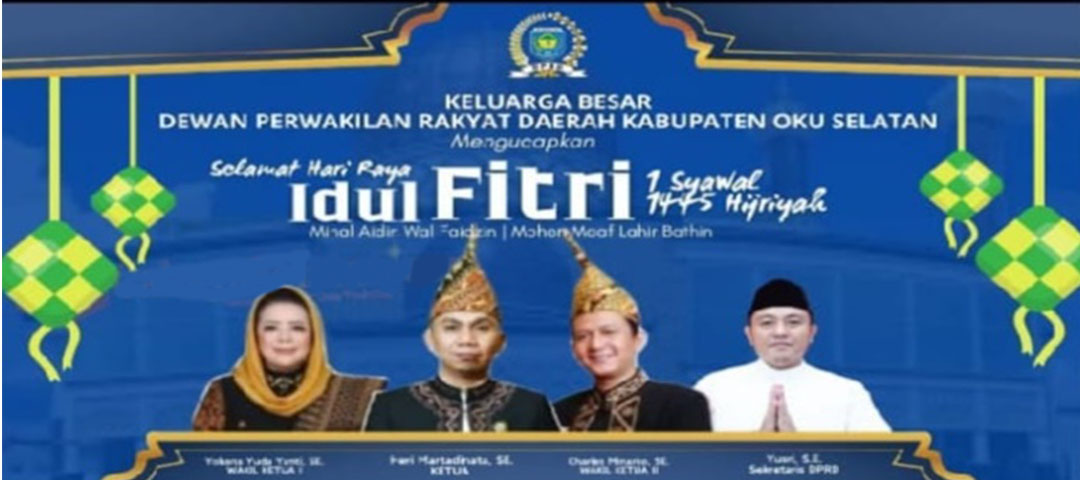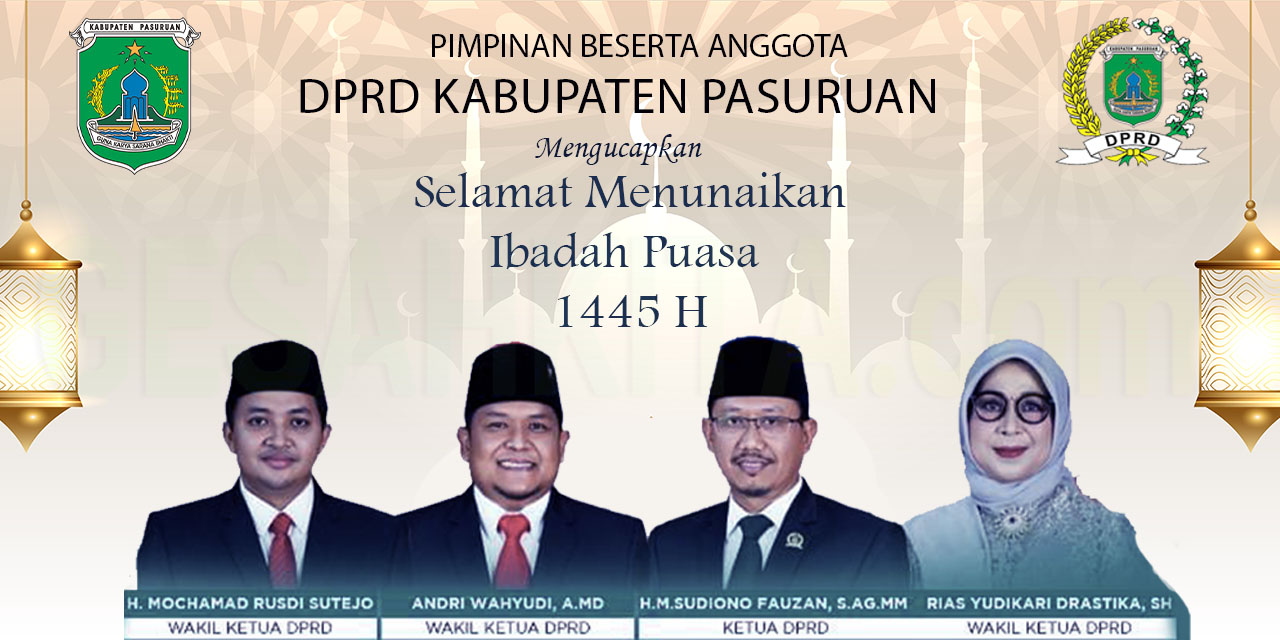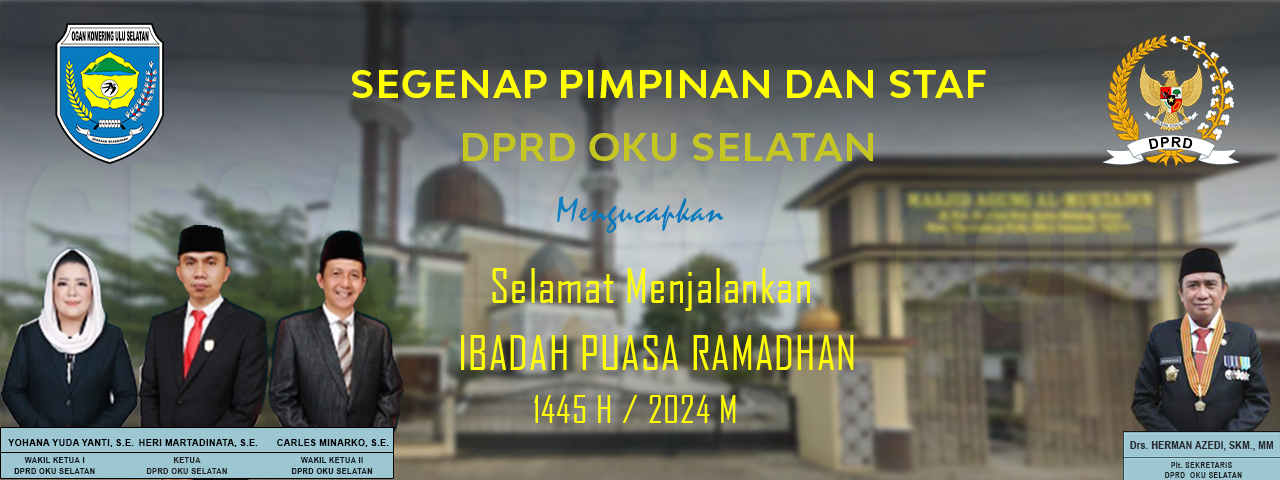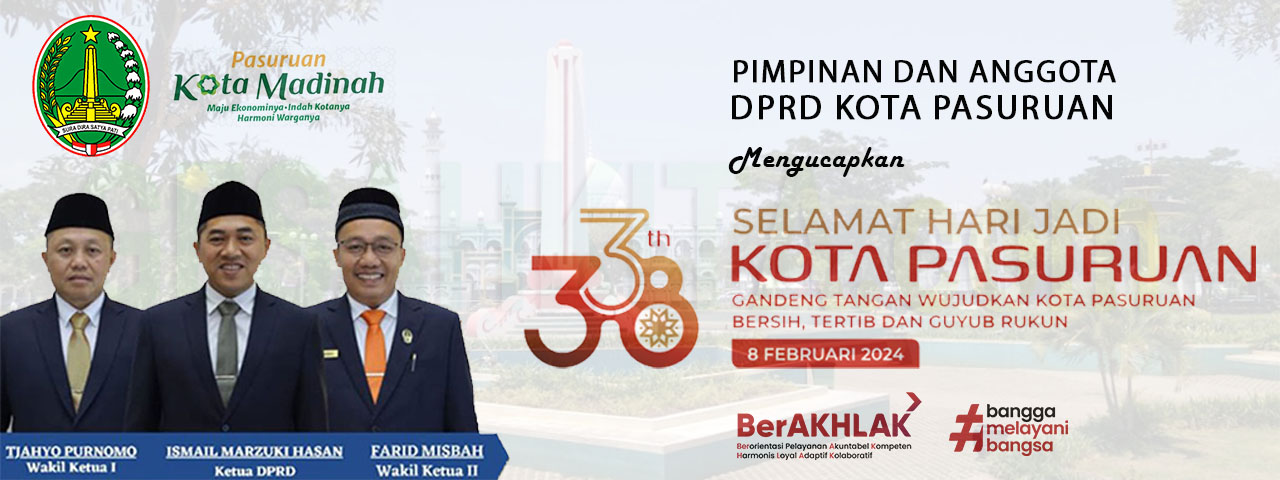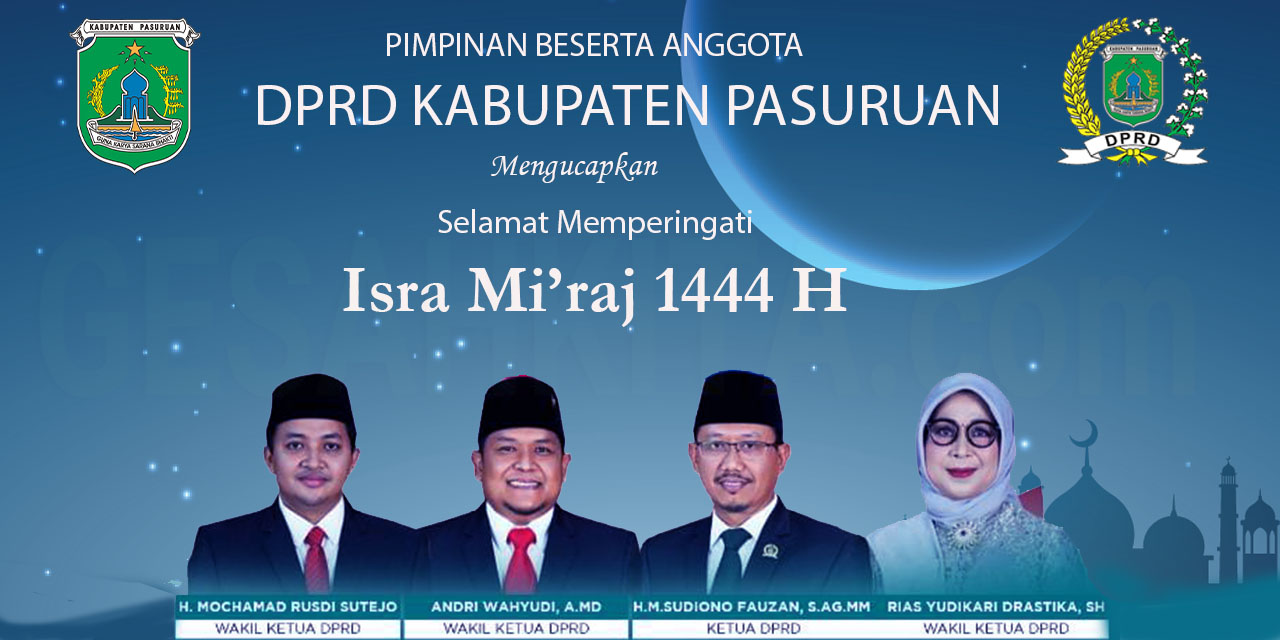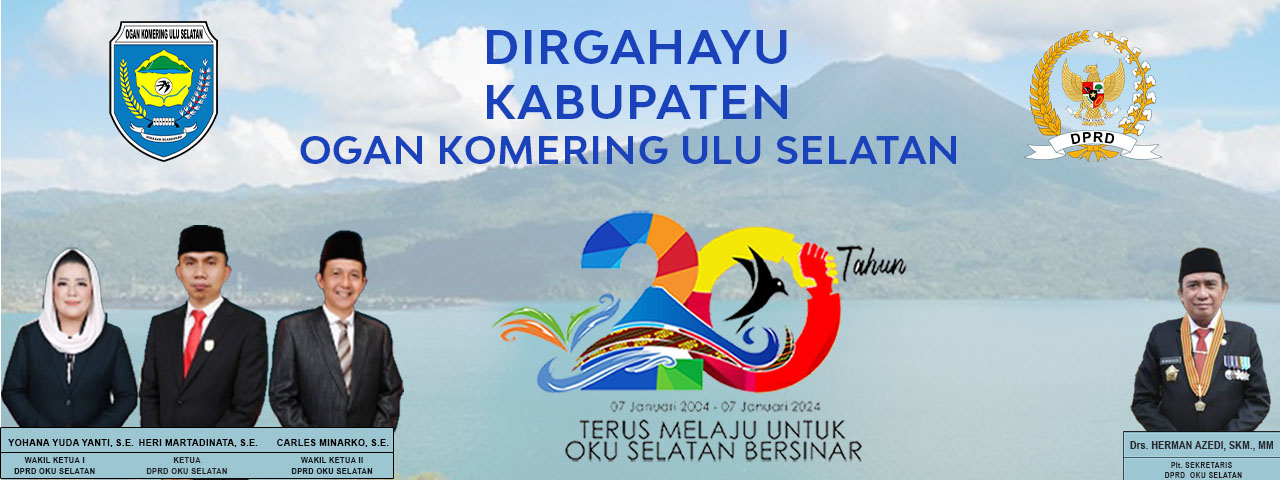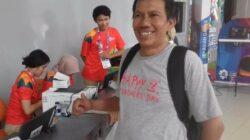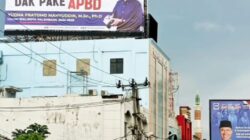A Note : Historical Capital In Self (Re) Actualization Of South Sumatra
We will lose this historical capital, Otherwise, To restore the clan system in South Sumatra is A Solution
By Dr. Dedi Irwanto, MA
PALEMBANG GESAHKITA COM—-Who are we? Identity regarding the current viral word: “Who are we? Indonesia”. So if asked “Who are we? South Sumatra”. What the answer? Being a South Sumatran is both a pride and a burden. Why?
South Sumatra is synonymous with Palembang. Wherever we come from. If it is outside it is called ” Wong Plembang” . Why? In the historical frame, South Sumatra is a “new word”, compared to Palembang’s “word” which is much “older”. The past was never called South Sumatra. South Sumatra only emerged officially around the beginning to the middle of the 20th century. The Dutch started the mention. Once in 1931 which was pioneered since 1916,
The Dutch colonial government tried to form the Zuid Province of Sumatra (Southern part Sumatra) combining the areas of Palembang, Jambi, Lampung, Bengkulu and Bangka Belitung Island. But failed.
From the beginning, South Sumatra was referred to the Sultanate of Palembang and the Residency of Palembang. That is, the entire area of South Sumatra is called Palembang. It is not surprising, therefore, that South Sumatra is better known as Palembang or the Land of Palembang, Palembangnese boy (Palembangnese Youth).
In 1946, on May 15, which became the benchmark for the anniversary of South Sumatra. South Sumatra is a sub-province under Sumatra Province. The sub-province of South Sumatra includes the Residents of Palembang, Lampung, Bengkulu and Bangka Belitung Island.
The leader is called the Junior Governor, first dr. AK Gani (May-August 1946), both dr. M. Isa (1946-1948), the three dr. AK Gani again (DMI SS, after Dutch Aggression II-17 Dec 49), Fourth Back to dr. M. Isa (1949-17 August 1950, formation of South Sumatra Province 15 April 1948 (Regulation No. 10/48, division of Sumatra Province, RIS dissolved 1950, Law 3/50 (10/Mar/50 Establishment of SS Province – 1953), Fifth, Governor R. Winarno Danuatmodjo (Dec 1953).

Back to the narrative, why are we being South Sumatra is both a pride and a burden? First, why is the “burden” because Wong Plembang’s stereotypes always have a negative side “outside”, “hot-blooded/fight/champion”, “identical curanmor” (Bike Crime Roberry), “a play boy man”, and others. Furthermore, why should you be “proud” because the stereotypes of Wong Plembang always have a positive side of “outside”, “royal”, “blagak/handsome/beautiful”, “parlente/dapper”, and others.
Why are there two sides to this ambiguity?
The positive side is due to the extraordinary economic prosperity in the country of Palembang. The negative side cannot be separated from the existence and emergence of various transitional periods in Palembang.
Prosperous Identity “Wong Plembang” Why are we Prosperous? First, imagine that Palembang’s past is not like the present. Before the 20th century. The country of Palembang was mapped geographically by various elongated rivers.
“This river is the only means of transportation and connecting between regions. The river forms the unity of the tribes as the basis of the genealogical area in South Sumatra. The river is also a separator between regions.”
So, for example, at that time the Komering people in Martapura, it was not easy to relate to the Musi people in Sekayu. So our society, South Sumatra, is separated and forms a genealogical unit of territory. Initially cross-breeding (exogamy) between tribes was difficult. We in South Sumatra, thicken in each tribe.
At that time, this was as an advantage because we try to be independent of each other. Forming the smallest autonomous unit in the clan concept. Marga is the way we organize ourselves. This clan is the original form of the government system, customs and culture in South Sumatra. Why is it original, indeed in the 17th century this term adopted the sankrit word “varga”.
But previously this term was synonymous with local, ancient Malay words, such as “margga” in the Talang Tuwo inscription, “Marsi-haji” and “Hulun-haji” in the Telaga Batu inscription, or “gotrasantana” in the Kota Kapur inscription. However, all of them refer to the meaning of regional unity that resembles this clan.
Why is it different, perhaps because initially the mention of the clan was not singular in each region of South Sumatra, such as clan, kebuwaian, sumbay or petulai.
So what’s the benefit of living independently in the clan’s territory? Due to the emergence of a prosperous economy in each clan, this autonomy has caused the clans to create various independent and creative economic activities.
For example, clan communities are given broad rights to land, can manage land for agriculture to be planted with all spices and substantive plants (pre-colonial period) and commercial crops such as rubber and palm oil (colonial period), and manage common interests such as lebak-lebung, forest products, etc. clan for the benefit of the community.
Trade and the money economy are evenly developed in clans. The trade turbulence in the uluan clans emptied into the capital, Palembang. So South Sumatra emerged as a land of traders.
Every great power is built on trade. Trade relations with outsiders led to the emergence of what Hasbullah (1996) called in the book Mamang and the Netherlands: Scratches of the Socio-Economic and Population Faces of South Sumatra during the Colonial Age and Reflections on it Today as “outward looking“.
Foreigners are respected, so that the Arab, Chinese and Eastern foreign communities as well as other ethnic groups in the archipelago are peacefully settled in the land of Palembang. at the same time “inward looking” When dealing with inward, without any ethnic segregation, the State of Palembang zero conflict.
Mutualism symbiosis appears between people, clans in the ulu as a source of commodities, ilir commodity marketers. Shared prosperity developed in the form of “oedjan mas” throughout the country of Palembang. Palembang people can appear in the form of “royal”, “parlente” and “blagak/cindo nian”. This advantage is enjoyed, for example, if those who study in the 1950-1970s era in Yogyakarta with the stereotype of “girl destroyer” (Cherry picker, Red) , have a close relationship there, but are sent home because they are matched in uluan.
However, this economic prosperity also gave rise to various transitional periods, especially during the colonial period. Travelers from the hamlet community in the uluan clans have permanent migration or settle in the city of Palembang.
Most of them are unskilled, work odd jobs or take “shortcuts”, have a negative side to being “cheeky, whiz” in shops, or (apologize to say, red) for “smoothly fighting/handling, rude of being lazy” in the city. Because they have a new culture, the culture of the urban people who tend to be free, because regardless of the roots of clan rules in their hamlets. This stereotype was further emphasized when the clan was abolished in the uluan of South Sumatra.
The protection of clans over the land ownership rights of the ulu community began to be uprooted. Many plantation companies (read PT) buy, if not “take” their lands. The more they come here, the more they become unemployed in their own hamlet. As a result, apart from flooding the city of Palembang, there were also many new “thugs” who appeared “in clothes” ordered by corporation or village officials with “new faces”, SKT ( land Certificate) publishers and connoisseurs of “projects” who were getting further and further away from the symbol of the greatness of the proatin, the pamong (leader, ) of the clan era.
Currently, joint economic control and trade, which are historical assets, have political, economic and social and cultural implications for the frontier communities, the clans are increasingly falling sharply in uluan. If this is not corrected, then we will lose this historical capital even more. One solution is to restore the clan system in South Sumatra.
History Lecturer of Teacher Training Program Sriwijaya University and South Sumatra History Activist

